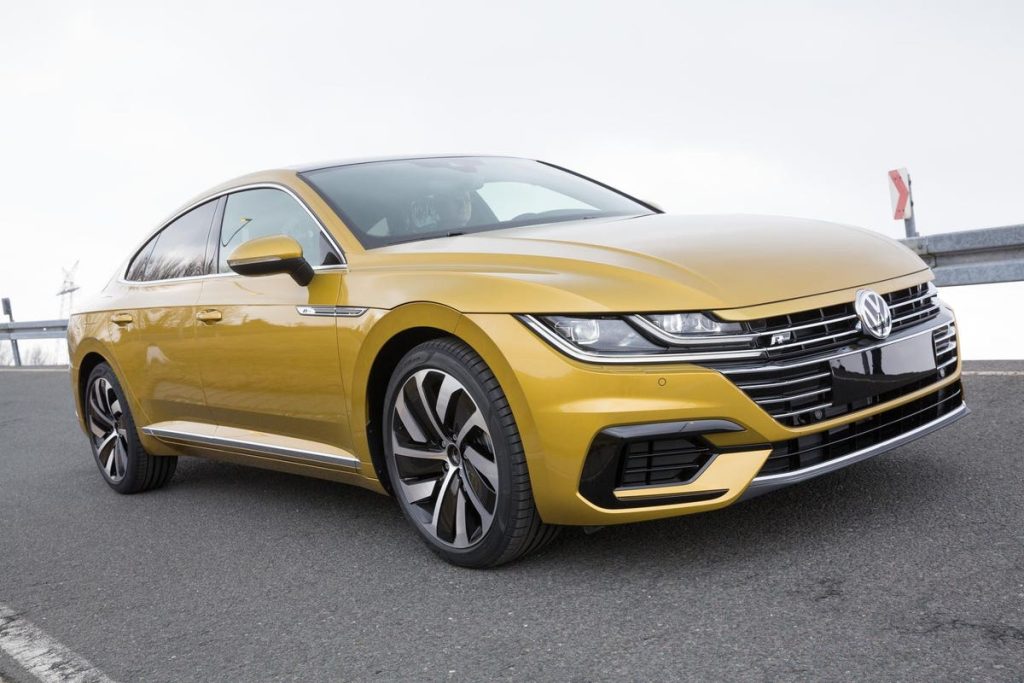Volkswagen’s plan to cut costs by €10 billion ($10.9 billion) and raise overall profitability at its namesake VW brand comes under scrutiny Wednesday when it hosts an investors’ day.
Investors will also want to hear what VW thinks about reports the Chinese electric car threat might lead to tariff action by the European Union (EU).
Automotive investors generally have been worrying about the uncertain economic outlook. VW investors see a weakness in its own brand’s profitability and its other mass market outfits Skoda and SEAT which need to be addressed.
Experts expect production to exceed demand in Europe later in 2023 when downward pressure on prices and profit margins will intensify. As Europe’s leading seller, VW will face calls for headcount and capacity cuts. VW always finds this more difficult than its competitors because of the political nature of its management structure.
Sales of VW electric vehicles have come under pressure as competition intensifies from other Europeans, Tesla, and China. China has built up a big lead in electric car and battery technology. It is currently launching a powerful challenge across Europe to the extent tariff alarm bells are ringing at EU headquarters in Brussels.
French government officials are said to be seeking import restrictions to protect its electric car industry. German manufacturers are also suffering from China’s reputed 20% cost advantage, but are less keen on curbing imports, not least because this might jeopardize their hugely profitable sales there. France is much weaker in China.
Investors were apparently feeling positive about the possibilities of improving VW’s troubled outlook as the share price rallied to just over €160 last week from about €140 in late May. Last-minute jitters might be setting in as the price slid back to under €160 Monday.
VW’s overall financial performance has been sending mixed signals to investors. Operating profit fell to €5.7 billion ($6.2 billion) in the 1st quarter from €8 billion ($8.7 billion) in the same period last year, but after excluding the impact of commodity trading, it rose 35% to €7.1 billion for a margin of 9.3%. The target for the year remains in the 7.5 to 8.5% range.
When VW unveiled its mass-market cost-cutting plans, Bernstein Research said specific details were sparse and hoped Wednesday’s meeting might fill in some gaps.
“We expect the €10 billion to include revenue, cost avoidance, and outright cost improvement, but the split is unclear,” the investment research said in a report.
“VW also intends to take costs permanently out of the business by streamlining the product lineup, notably by axing the VW Arteon and other low-volume models, and most vehicle configuration options,” the report said.
“More cost is expected to be taken out via further synergies between volume brands (multi-brand plants and platforms). The plan ties the VW brand more closely to volume brand group peers, in particular, Skoda, which has historically seen better margins,” the report said.
Investment bank UBS pointed out that the VW brand recently cut its 2023 margin target from about 6% to about 4% after 3.6% in 2022, worse than most of its mass-market competition in Europe. UBS talked about VW’s structural inability to generate attractive margins with small, affordable cars.
“Before making a verdict about VW’s strategic plan, we wait for the full set of announcements coming (on Wednesday). VW brand’s plan, however, doesn’t seem to be a reason to change our structurally cautious outlook for the mass brands within VW group,” UBS said in a report.
The threat from China will accelerate during the rest of the decade and will seize a big chunk of electric car sales and profits from Europeans, according to report last month from Allianz Trade, a subsidiary of German insurance company Allianz.
Allianz Trade said sales of Chinese BEVs will cost European automakers €7 billion a year in lost profits by 2030 unless the EU takes action. Action should include tariffs. Chinese vehicle imports in Europe are now subject to a 10% import duty.
Investors will be concerned by Volkswagen’s governance, which historically has focussed more on keeping employees happy, rather than investors. VW is controlled by a 20-seat supervisory board where unions control half the votes and two politicians from the state of Lower Saxony often vote with Labor. For decades, investors have backed off from VW shares because the clunky management structure has blocked attempts to turn the company into a normal corporation where profit-conscious shareholders call the shots.
Read the full article here










